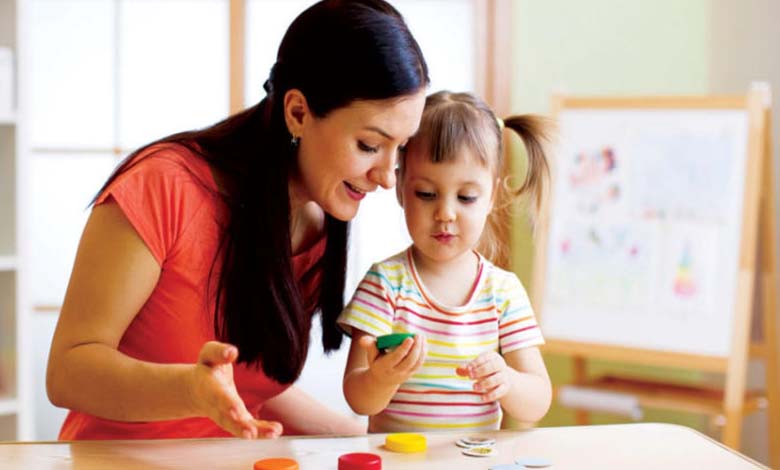What is the Importance of Sensory Play in Your Child’s Development?

Sensory play is an effective way to support children‘s mental and physical development by engaging their five senses. It helps them develop language and motor skills, enhances their ability to explore, and promotes problem-solving abilities. When a child interacts with the world around them using their senses, they build memories and learn to classify objects, which aids in a deeper understanding of their environment.
-
“They must not miss them” : Doctors reveal the most important nutrients for children
-
How to Deal with Temper Tantrums in Children
Sensory play encompasses any activity that engages one or more senses. From birth, children need to handle objects through touch, smell, hearing, and even taste. Young children often enjoy exploring the world by putting things in their mouths or touching everything around them, which strengthens their early learning skills.
According to Parents, here are the benefits of sensory play for children:
- Developing independent thinking skills.
- Strengthening the understanding of cause-and-effect relationships.
- Supporting fine motor development.
- Improving memory and observation skills.
- Enhancing cognitive skills and language development.
- Encouraging creativity and exploration.
- Suitability for all children, including those with sensory integration difficulties.
-
Benefits and Risks: How Artificial Intelligence Affects Children
-
What is the secret of the chemistry between grandparents and their grandchildren?
Sensory play can easily be integrated into daily life through simple activities that engage the senses. For example, bright colors, strong scents, and varied sounds in activities like drawing or cooking stimulate the senses, fostering natural and enjoyable learning.
Sensory play also enriches a child’s vocabulary, as they describe objects they see, touch, or taste. A child might describe a tree, for instance, as rough or with a sharp smell, helping them express their sensory experiences in more detail.
-
“A Swedish Secret” for Raising Happy and Strong Children
-
How Divorce Affects Children Based on Their Age
Sensory play also relies on enhancing fine motor skills through activities that require hand precision, such as tying, pulling, and pressing. These activities are important for improving a child’s ability to write, button clothes, and perform other daily tasks.
Finally, sensory play can have a calming effect on children, helping them regulate their emotions and feel more relaxed. For instance, activities like bathing or star-gazing contribute to a sense of calm, especially after periods of intense physical play.












